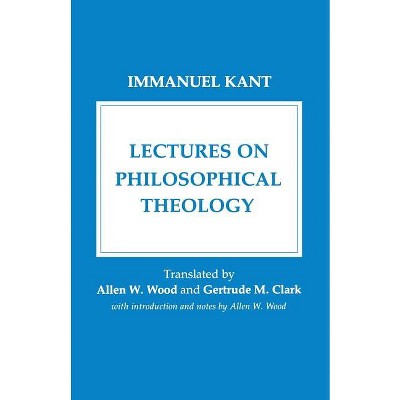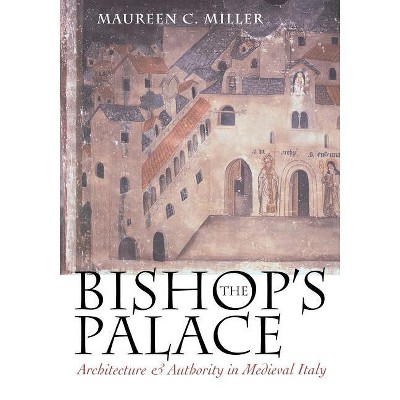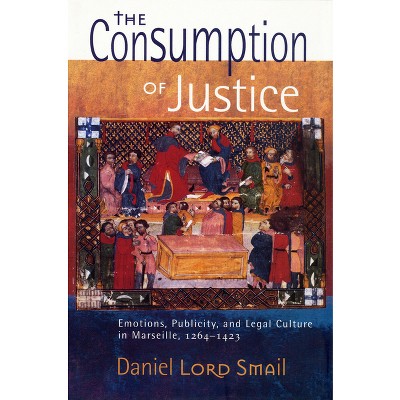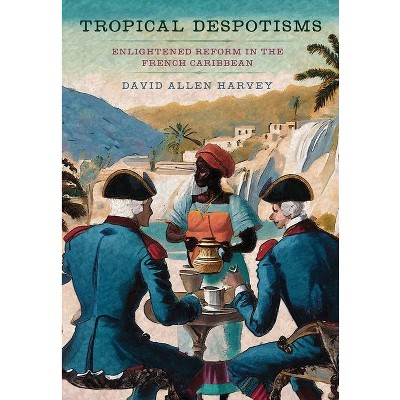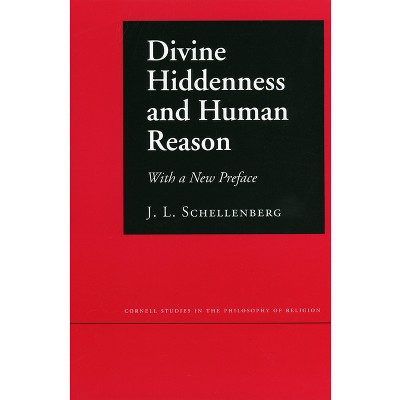Sponsored

Kant's Moral Religion - by Allen W Wood (Paperback)
In Stock
Sponsored
About this item
Highlights
- In Kant's Moral Religion, Allen W. Wood argues that Kant's doctrine of religious belief if consistent with his best critical thinking and, in fact, that the "moral arguments"--along with the faith they justify--are an integral part of Kant's critical philosophy.
- About the Author: Allen W. Wood is Professor of Philosophy at Indiana University.
- 300 Pages
- Philosophy, Religious
Description
About the Book
Kant's Moral Religion argues that Kant's doctrine of religious belief if consistent with his best critical thinking and, in fact, that the "moral arguments"--along with the faith they justify--are an integral part of Kant's critical thinking.
Book Synopsis
In Kant's Moral Religion, Allen W. Wood argues that Kant's doctrine of religious belief if consistent with his best critical thinking and, in fact, that the "moral arguments"--along with the faith they justify--are an integral part of Kant's critical philosophy. Wood shows that Kant's sensitive religious outlook on the world deserves to be counted among the greatest of his philosophical contributions.In setting forth his interpretation of Kant, Wood provides a clear statement of what the philosopher reveals in his reasoning for belief in God and immortality. He reexamines Kant's conception of moral volition and defends his doctrine of the "highest good." He discusses Kant's use of moral faith as a rational criterion for religion in relation to ecclesiastically faith, religious experience, and claims to divine revelation. Finally, he discusses the philosopher's idea of radical evil in man's nature, and develops Kant's theory of divine grace as it is foreshadowed in his 1793 book Religion Within the Limits of Reason Alone.Kant's thoughts about religion, Wood maintains, are a great philosopher's solution to difficult problems that must be confronted by everyone and can serve as a guide in any effort to deal rationally with questions of religion.
Review Quotes
Writing about Kant's ideas simply and clearly is never easy, but Wood manages to do so, with good scholarship rendered unobtrusive by his ability to keep touch with the realities of faith and morality.
-- "Choice"About the Author
Allen W. Wood is Professor of Philosophy at Indiana University. His many books include, as author, Kant's Rational Theology (also from Cornell), Hegel's Ethical Thought, Kant's Ethical Thought, and Kantian Ethics; and, as coeditor and cotranslator (with Gertrude M. Clarke), Immanuel Kant's Lectures on Philosophical Theology, available from Cornell.
Shipping details
Return details
Trending Philosophy






